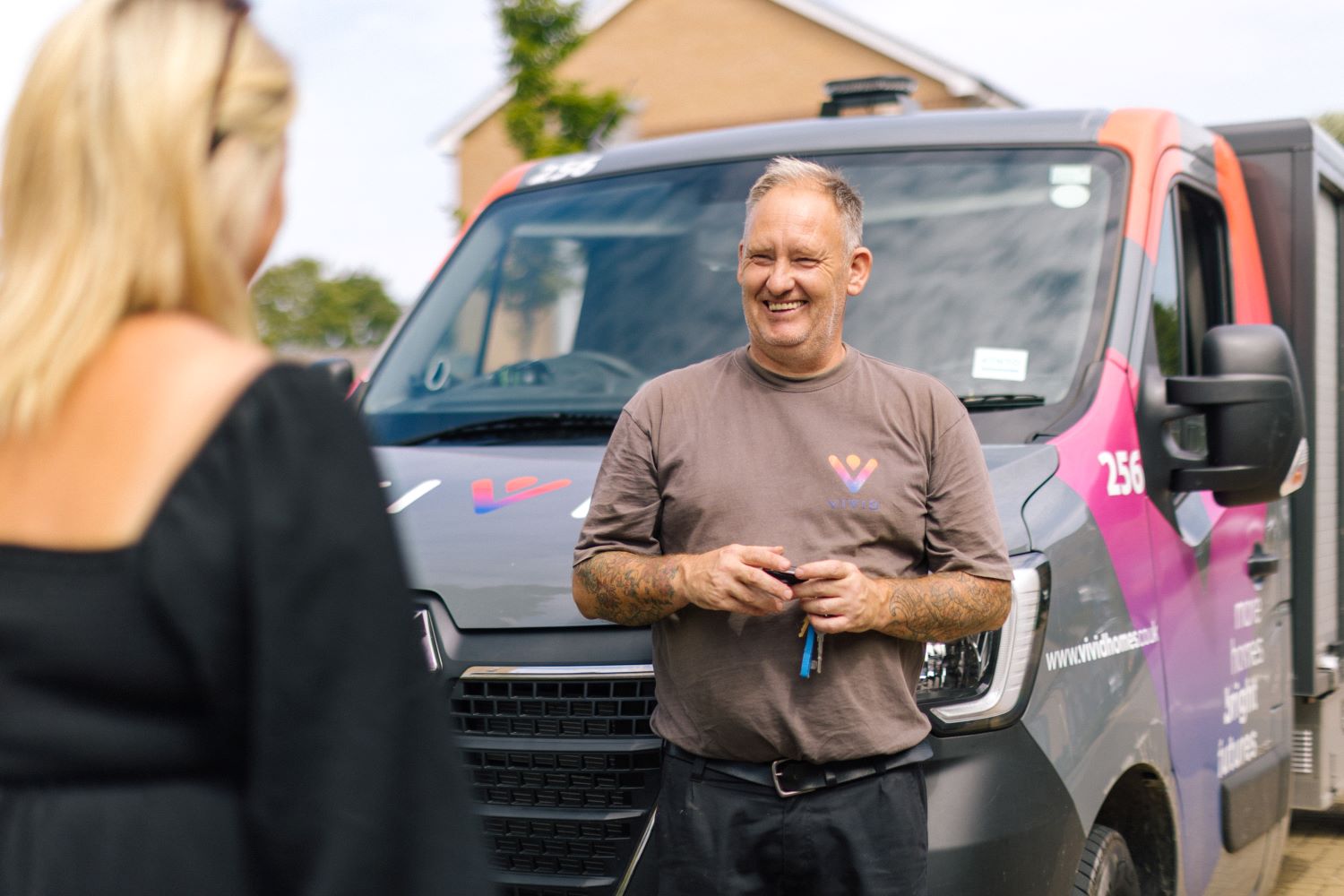Recent posts

Customer news
Rent and service charge review 2025-26
Whether you live in one of our rented homes, you're a shared owner, leaseholder, or freeholder, we review your rent and service charges every year. You’ll shortly receive a letter from us about this.
read story

Customer news
How to raise and view cases on your online account
One of the most useful features on the online account is the ability to create, view and manage cases - which are general enquiries or requests you've raised with us.
read story

Customer news
You said, we did: February 2025
Your opinion matters as it helps us shape our services to meet your needs, and we appreciate your feedback on how we can improve.
read story